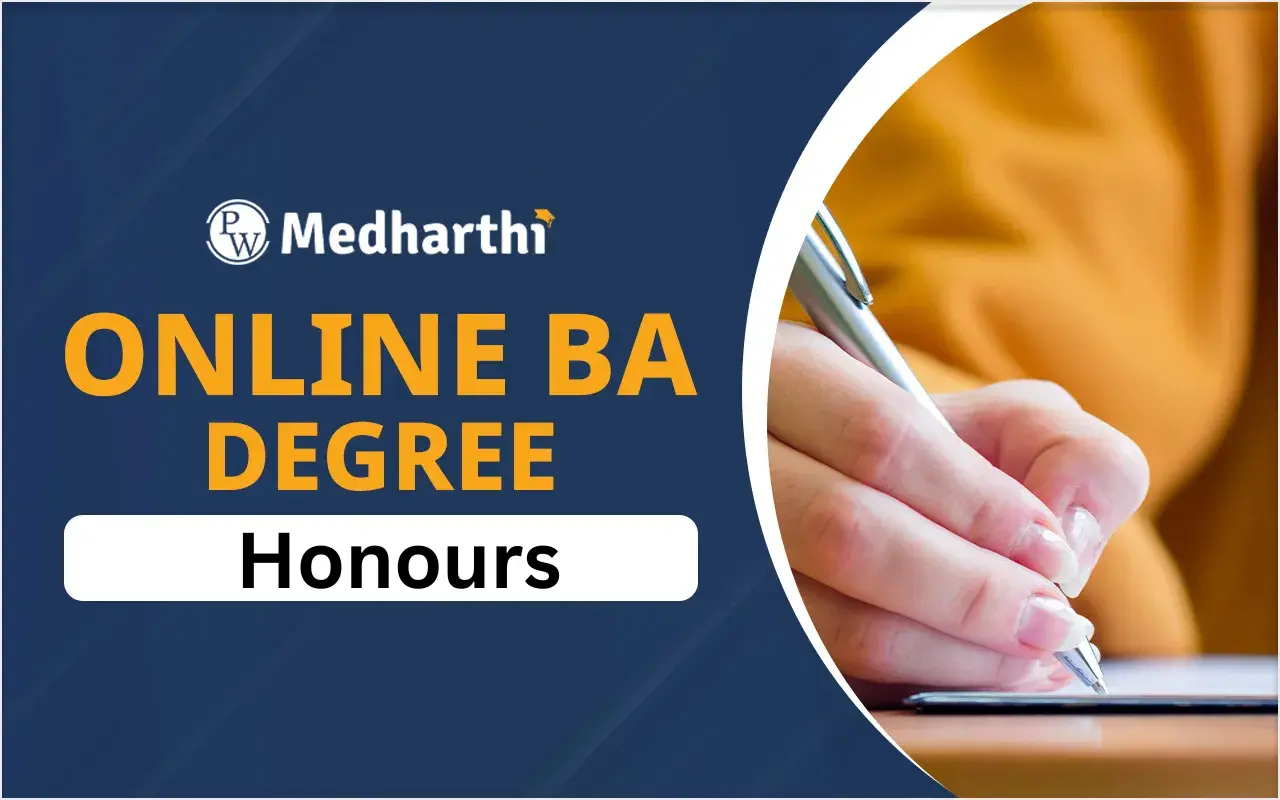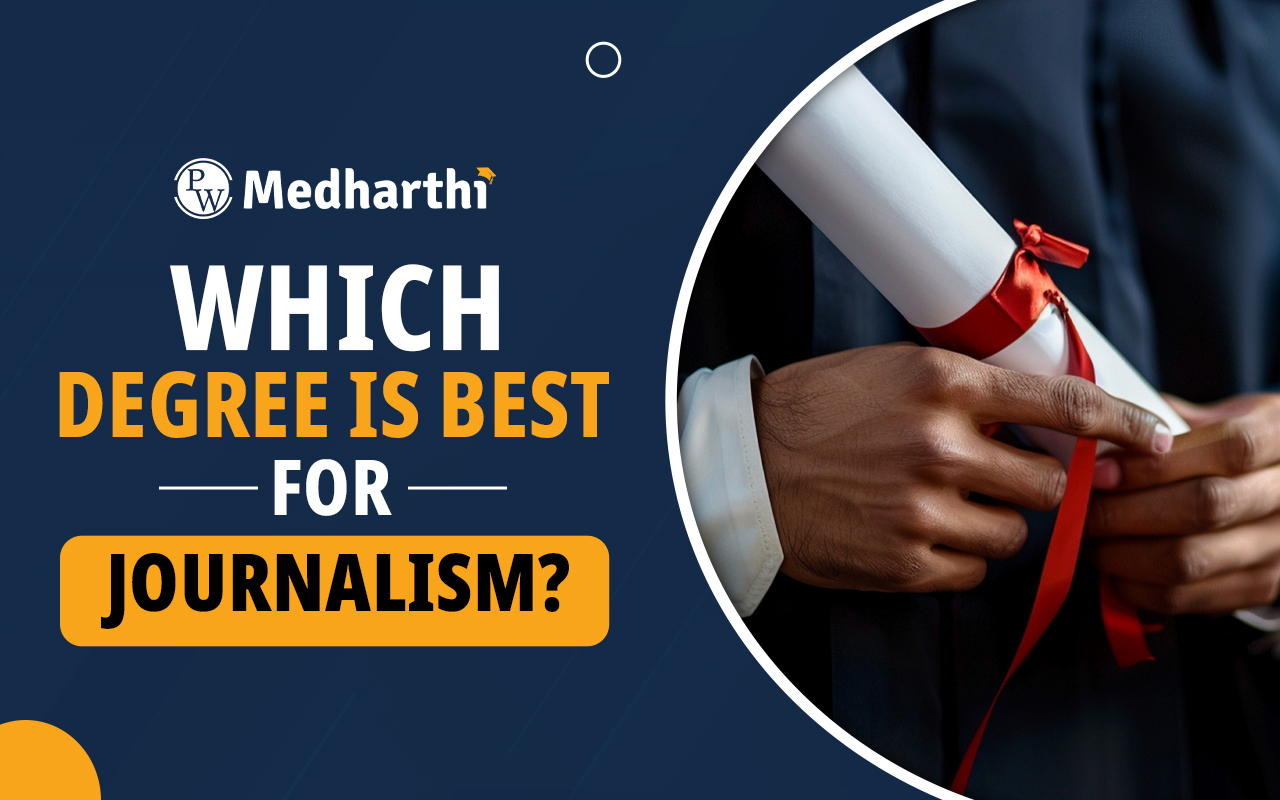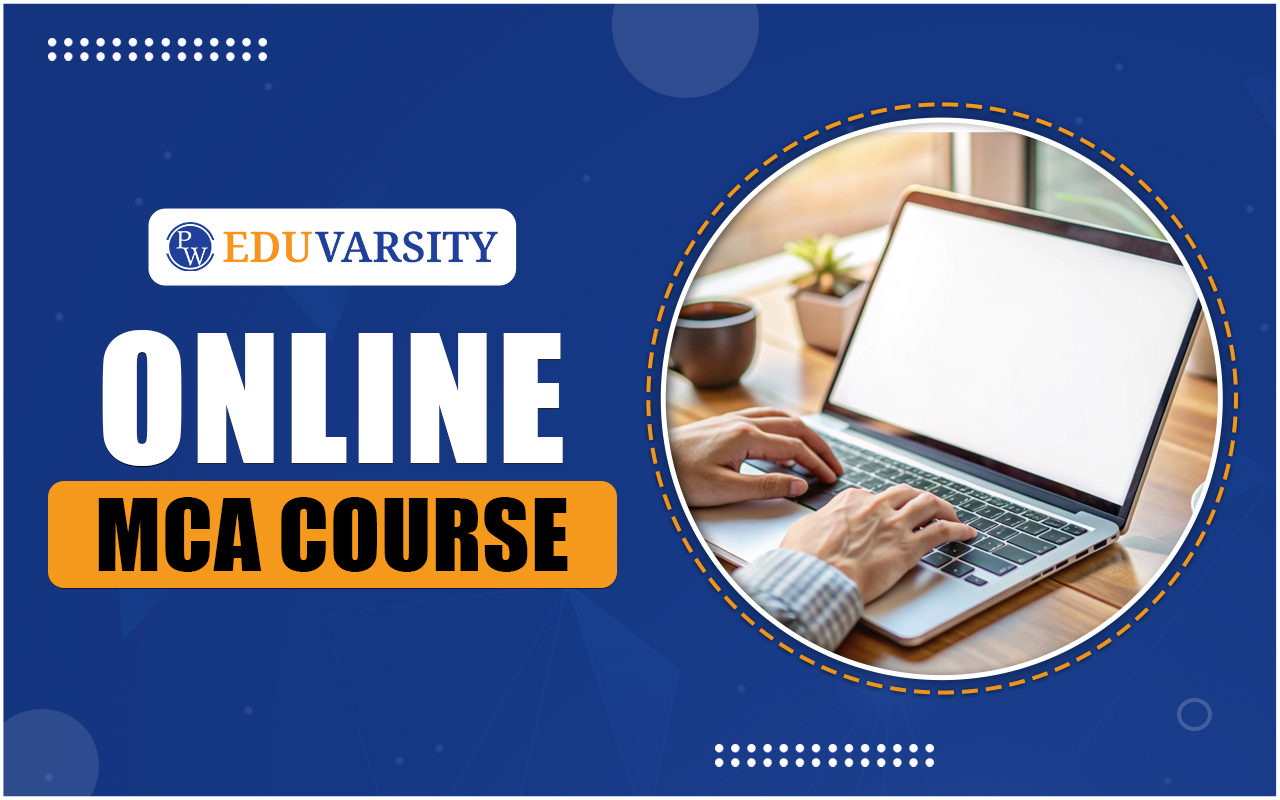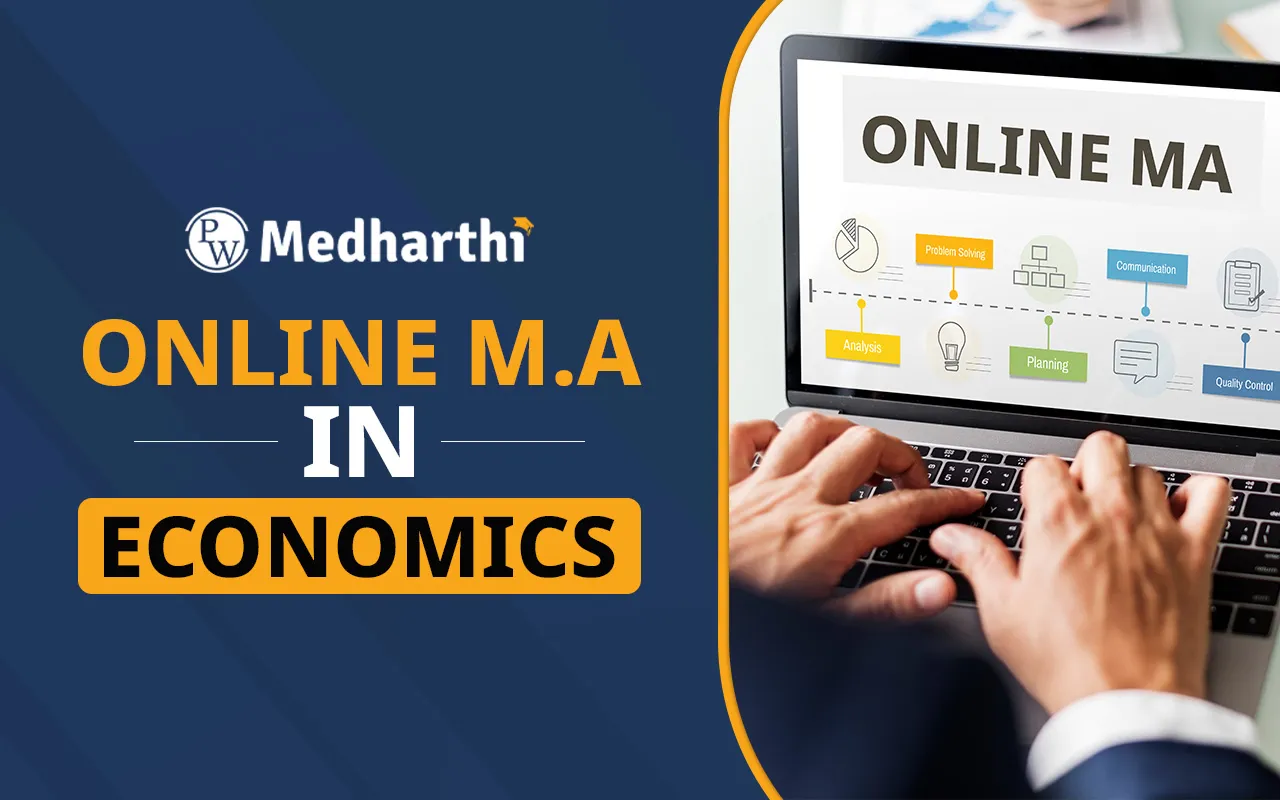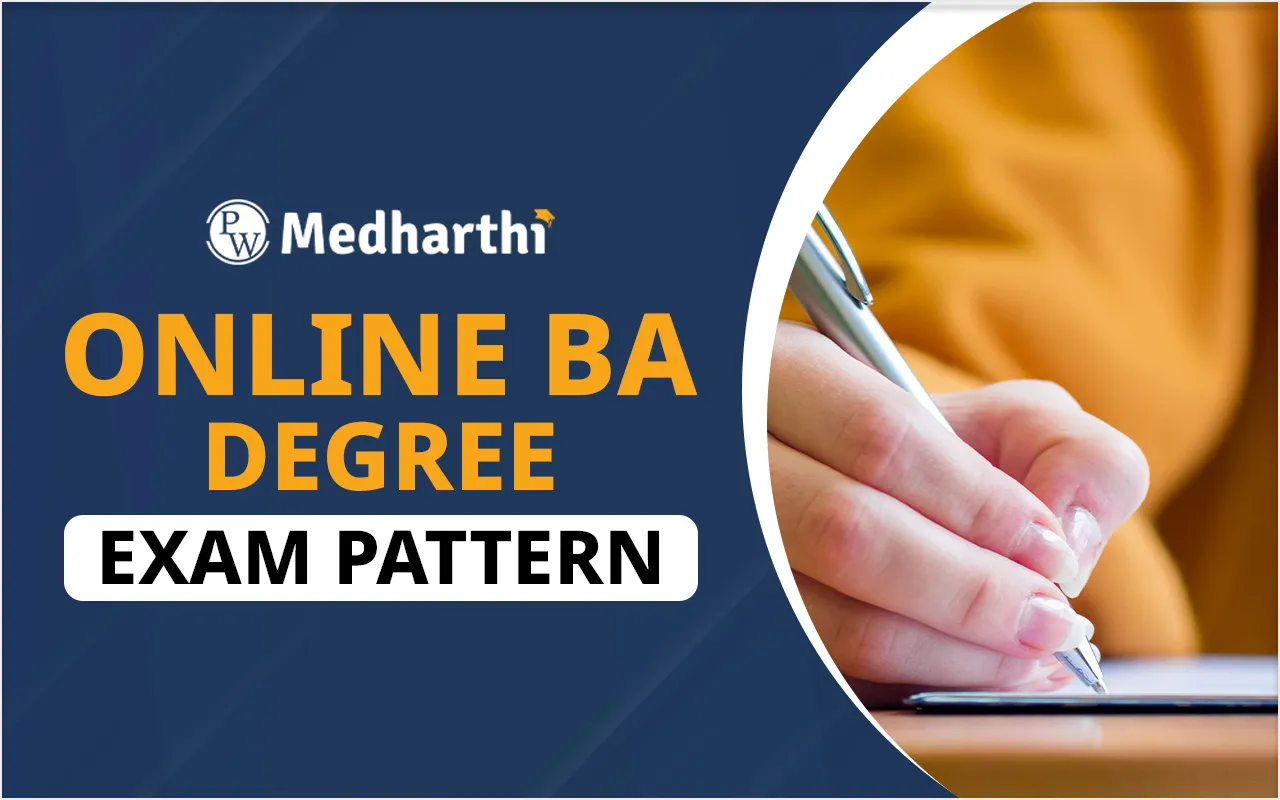
MA English Online Syllabus: The Master of Arts in English (MA English) is a sought-after degree that allows students to explore advanced literary concepts, linguistic theories, and critical analysis skills. With the option to pursue an MA English degree online, students have the flexibility to study at their own pace while accessing high-quality content from home.
This article will cover the detailed syllabus of an online MA English course, along with module breakdowns, essential subjects, and exam requirements.Understanding the MA English Online Syllabus
The MA English online syllabus generally spans over two years and includes a broad range of literary periods, critical theories, and elective topics. Here’s a quick overview of what you can expect:| MA English Online Syllabus | |
|---|---|
| Duration | Typically 2 years (4 semesters) |
| Core Subjects | English Literature, Literary Theory, Research Methodology, Linguistics |
| Elective Subjects | Post-Colonial Literature, Indian Literature, Comparative Literature |
| Mode of Learning | Online lectures, e-books, interactive discussions |
| Evaluation Method | Assignments, semester exams, thesis submission |
Year 1: Core Components of the MA English Online Syllabus
In the first year of the MA English Online program, students are introduced to the foundational elements of advanced English studies. This stage focuses on core subjects that develop a strong base in English literature, critical analysis, and research methodology.Semester 1: Foundations in English Literature and Theory
The first semester builds a foundational understanding of English literature, covering various genres, movements, and critical frameworks.| Core Subjects | Description |
|---|---|
| History of English Literature | Covers major periods in English literature from the Anglo-Saxon era to the Modern period. |
| Literary Criticism and Theory | Introduces major critical frameworks, including structuralism, formalism, and psychoanalytic criticism. |
| British Poetry and Drama | Examines influential British poets and dramatists, including works from Shakespeare and the Romantic era. |
| Research Methodology | Teaches students how to conduct research, use primary/secondary sources, and adhere to academic writing standards. |
Semester 2: Deepening Literary Knowledge
In Semester 2, students dive deeper into specific literary texts, exploring more complex concepts in British prose, global literature, and linguistics.| Core Subjects | Description |
|---|---|
| British Fiction | Studies works from celebrated British novelists such as Charles Dickens, George Eliot, and Virginia Woolf. |
| Global Literature | Examines literary works from different cultural backgrounds, focusing on themes like colonialism and globalization. |
| Linguistics and Phonetics | Provides an introduction to language structures, phonology, morphology, and syntax. |
| Research Project I | A small research project that reinforces research methodology and practical application of theoretical concepts. |
Year 2: Advanced Topics and Electives in the MA English Online Syllabus
The second year allows students to explore advanced topics in literature, with an emphasis on specialized areas and electives.Semester 3: Specialized Literary Topics and Electives
In Semester 3, students dive into specialized literary topics and elective subjects, allowing them to explore diverse literary movements and regional literatures. This semester encourages a broader understanding of cultural perspectives and critical theories, offering options for tailored academic interests.| Core Subjects | Description |
|---|---|
| Indian Writing in English | Analyzes significant works from Indian authors writing in English, covering post-colonial and cultural themes. |
| Comparative Literature | Encourages students to analyze similarities and differences across global literary texts and traditions. |
| Literary Theory and Cultural Studies | Explores advanced literary theories such as postmodernism, feminism, and cultural studies. |
| Elective I (e.g., Post-Colonial Literature) | Specialized course exploring the literature of former colonies, examining cultural identity and resistance. |
Semester 4: Advanced Research and Thesis Submission
The final semester primarily focuses on research and thesis preparation, culminating the MA English online syllabus with an in-depth analysis of a chosen topic.| Core Subjects | Description |
|---|---|
| Dissertation | A research-based thesis where students conduct original research under a supervisor’s guidance. |
| Advanced Literary Theory | Studies recent developments in critical theory, including ecocriticism and new historicism. |
| Elective II (e.g., Gender Studies) | Delves into literature focused on gender, exploring feminist and queer theory perspectives. |
| Research Project II | A continuation of research work from Semester 2, focusing on data analysis and presentation. |
Important Modules in the MA English Online Syllabus
1. English Literature: An In-depth Analysis
This module explores the evolution of English literature, covering genres such as poetry, drama, and fiction. Students study notable authors, literary movements, and historical contexts, helping them build a solid base in classic and modern English literature.Key Topics Covered:
- Old and Middle English Literature
- Elizabethan and Jacobean Drama
- Romantic and Victorian Poetry
- Modernist and Postmodernist Prose
2. Literary Criticism and Theory
This module teaches students the tools to critically evaluate literature. By analyzing texts through different theoretical lenses, students gain insights into the deeper meanings and cultural contexts of literary works.Core Theories:
- Structuralism and Formalism
- Marxist and Psychoanalytic Criticism
- Feminist and Queer Theory
- Postcolonial and Ecocriticism
3. Research Methodology
This foundational course is essential for students aiming to pursue academic research. It teaches them the fundamental skills for formulating research questions, developing hypotheses, and using various research methods.4. Global Literature
An increasingly relevant module, Global Literature allows students to examine works from Africa, Asia, and the Americas. This course emphasizes the importance of diverse perspectives, enhancing understanding of global narratives and cultural exchange.Key Electives in MA English Online Syllabus
The electives in the MA English online syllabus allow students to explore specialized areas within literature, enhancing their expertise and aligning studies with their personal interests or career goals. These courses range from contemporary literary movements to regional and thematic literature studies, offering flexibility and depth to complement the core curriculum.1. Post-Colonial Literature
In this elective, students explore literature that examines the impacts of colonialism and the struggles for identity and independence among former colonies. This module often includes works by authors from India, the Caribbean, and Africa.2. Gender Studies
Gender Studies investigates the role of gender in literature, exploring feminist literature, queer theory, and the representation of gender roles. It enables students to critically engage with societal constructs and their influence on literary production.3. Comparative Literature
Comparative Literature allows students to study literature from multiple cultures, exploring common themes, literary devices, and historical parallels. This course emphasizes critical analysis across linguistic, cultural, and regional boundaries.Sample Reading List for MA English Online Syllabus
The reading list for the MA English Online program is carefully curated to deepen students' understanding of diverse literary periods, genres, and critical theories. It includes classic and contemporary works, providing a well-rounded foundation in English literature while encouraging analytical and interpretive skills essential for advanced literary studies.| Module | Sample Readings |
|---|---|
| English Literature | Beowulf , Shakespeare’s Hamlet , Dickens’s Great Expectations |
| Literary Theory | Saussure’s Course in General Linguistics , Freud’s Interpretation of Dreams |
| Indian Writing in English | Rushdie’s Midnight’s Children , Arundhati Roy’s The God of Small Things |
| Post-Colonial Literature | Achebe’s Things Fall Apart , Kincaid’s A Small Place |
| Gender Studies | Woolf’s A Room of One’s Own , Butler’s Gender Trouble |
Evaluation and Examination Pattern
The MA English online syllabus evaluation process typically includes assignments, written exams, and a dissertation submission in the final semester. Here’s an overview:| Assessment Type | Description |
|---|---|
| Assignments and Essays | Analytical essays on assigned readings or topics are a part of continuous evaluation. |
| Semester Exams | End-of-semester exams test students’ knowledge of each module. |
| Research Project/Dissertation | A research thesis is required in the final semester for a comprehensive evaluation of research skills. |
| Presentations | Some courses require online presentations, enhancing communication and analytical skills. |
Career Prospects After MA English
Completing an MA in English opens up various career avenues. Graduates can work in academia, publishing, journalism, content writing, public relations, and digital marketing. They can also pursue Ph.D. programs, especially if they are interested in research-based careers.| Career Path | Job Roles |
|---|---|
| Academia | Lecturer, Professor, Research Assistant |
| Publishing | Editor, Literary Agent, Copy Editor |
| Content and Media | Content Writer, Journalist, Public Relations Specialist |
| Digital Marketing | SEO Specialist, Content Strategist, Social Media Manager |
|
Read Also |
|
MA English Online Syllabus FAQs
What is covered in the MA English Online syllabus?
The syllabus includes core subjects like English Literature, Literary Theory, and Linguistics, along with electives such as Post-Colonial and Comparative Literature.
How long does the MA English Online program typically last?
The program usually spans two years, divided into four semesters.
Q3. What is the mode of learning for the online program?
Ans. Learning takes place through online lectures, e-books, interactive sessions, and discussion forums.
Q4. Are there any elective subjects in the MA English syllabus?
Yes, electives include options like Indian Literature, Comparative Literature, and specialized literary studies.
How are students evaluated in the MA English Online program?
Evaluation is based on assignments, semester exams, and thesis submissions.
Talk to a counsellorHave doubts? Our support team will be happy to assist you!

Check out these Related Articles
Free Learning Resources
PW Books
Notes (Class 10-12)
PW Study Materials
Notes (Class 6-9)
Ncert Solutions
Govt Exams
Class 6th to 12th Online Courses
Govt Job Exams Courses
UPSC Coaching
Defence Exam Coaching
Gate Exam Coaching
Other Exams
Know about Physics Wallah
Physics Wallah is an Indian edtech platform that provides accessible & comprehensive learning experiences to students from Class 6th to postgraduate level. We also provide extensive NCERT solutions, sample paper, NEET, JEE Mains, BITSAT previous year papers & more such resources to students. Physics Wallah also caters to over 3.5 million registered students and over 78 lakh+ Youtube subscribers with 4.8 rating on its app.
We Stand Out because
We provide students with intensive courses with India’s qualified & experienced faculties & mentors. PW strives to make the learning experience comprehensive and accessible for students of all sections of society. We believe in empowering every single student who couldn't dream of a good career in engineering and medical field earlier.
Our Key Focus Areas
Physics Wallah's main focus is to make the learning experience as economical as possible for all students. With our affordable courses like Lakshya, Udaan and Arjuna and many others, we have been able to provide a platform for lakhs of aspirants. From providing Chemistry, Maths, Physics formula to giving e-books of eminent authors like RD Sharma, RS Aggarwal and Lakhmir Singh, PW focuses on every single student's need for preparation.
What Makes Us Different
Physics Wallah strives to develop a comprehensive pedagogical structure for students, where they get a state-of-the-art learning experience with study material and resources. Apart from catering students preparing for JEE Mains and NEET, PW also provides study material for each state board like Uttar Pradesh, Bihar, and others
Copyright © 2026 Physicswallah Limited All rights reserved.



